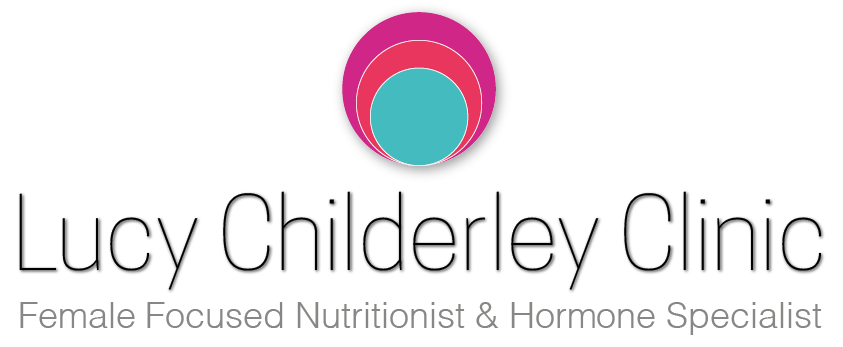What is progesterone and why is it so important?
Progesterone’s amazing benefits often get lost in the shadow of its sister, oestrogen. Especially as we enter menopause and all focus seems to switch to oestrogen.
Progesterone is a female sex hormone. It’s produced mainly in the ovaries following ovulation each month. When we stop ovulating, we stop making progesterone.
What does progesterone do?
- Pregnancy-it’s main role is to protect the embryo and foetus throughout pregnancy. Low levels can cause miscarriage.
- Menstruation-progesterone is released in our luteal phase following ovulation to prepare the uterus for implantation. When levels are low or we don’t ovulate and we can get symptoms of PMS, including headaches and heavy or painful periods.
- Sleep– it promotes the calming hormone GABA to help reduce stress and promote sound sleep.
- Mood-it’s also known as natures anti-depressant, helping calm us down, improve mood and reduce anxiety.
- Thyroid support-The thyroid has a receptor on every cell and progesterone helps the thyroid hormones get into your cells, so low levels can cause weight gain, weight gain, cold hands and feet, hair loss, anxiety, depression and much more.
- Bone health-progesterone supports bone building cells so it protects against osteoporosis.
- Cognitive health-it helps reduce brain fog and memory loss.
- Skin-progesterone inhibits excess androgens, reducing oily skin and calming your mood. It also helps to produce collagen.
- Balances out oestrogen-excess oestrogen is linked to fibroids, heavy periods, PCOS, endometriosis, breast/ovarian cancers and other issues.
What causes low levels and what can we do to help?
- Stress- when we are stressed, we make cortisol and this process occurs at the expense of progesterone production. Stress can be caused by many things, including poor diet, dehydration, nutrient deficiencies, traumas, work, family and much more, so we need to manage stress in these areas.
- Peri-menopause-this is a time when egg production is starting to dwindle and we start to skip ovulation- the main process for making progesterone. We can’t turn back the clock but we can add in specific supplements and nutrients to support our body through this phase, as the body prepares for menopause.
- Too much oestrogen – if we have too high levels of oestrogen, then symptoms of low progesterone can be exacerbated. To balance out these hormones, we can eat phyto oestrogens, minimise xeno- oestrogen exposure (think organic, clean household products and clean skincare such as Tropic- www.tropicskincare.com/lucychilderley), balance blood sugars and reduce processed, refined foods.
I use targeted supplements to help support all of these areas, be it stress, hormone imbalance and/or progesterone production. We can also run private tests which can measure your stress levels as well as oestrogen, testosterone and progesterone levels, to really help us find the root cause of you symptoms.

Recent Comments